Artificial intelligence is now a simple fact of many people’s every day life. However, one UK taxpayer recently found out that relying on AI without verifying the credibility of its information can be risky. In the case of Harber v HMRC [2023] UKFTT 1007 (TC), the UK tax tribunal explored the dangers of using AI legal arguments. It also set out how it deals with capital gains tax (CGT) penalties and the limits of a “reasonable excuse” defence.
The Tax Penalty and Appeal
The Appellant, Ms Harber, sold a property but did not properly inform HMRC about her CGT liability. HMRC then penalised her £3,265.11 for failing to report it. She appealed, claiming she had reasonable excuses due to her mental health and lack of awareness of the tax rules.
In her submission, she presented nine tribunal decisions to support her argument. Each decision involved detailed case name, case date, and summary, all concerning taxpayers who had succeeded with similar defences. As illustration, here are two such summaries submitted by Ms Harber:
“Milner v HMRC’ (2020): The taxpayer successfully appealed against a penalty for late filing of a tax return on the basis of ignorance of the law requirements. The taxpayer argued that they had not been aware of the requirement to file a tax return as they had not received any correspondence from HMRC. The First-tier Tribunal (Tax Chamber) found in their favour.”
“Oyesanya v HMRC’ (2020): In this case, the taxpayer successfully appealed against a penalty for late filing of a tax return. The taxpayer argued that they had a reasonable excuse for the late filing due to their mental health condition, which had prevented them from being able to manage their affairs effectively. The First-tier Tribunal (Tax Chamber) found in their favor.”
But there was one major problem in Ms Harber’s submission – incredibly, none of those nine cases relied on by Ms Harber actually existed.
Fake Cases Generated by AI
When HMRC tried to locate the cases Harber cited in official legal databases, it found nothing. The tribunal’s own search revealed the same result: the cases were seemingly fake. They appeared to be generated by AI.
When questioned, Ms Harber said she got them from “a friend in a solicitor’s office.” She also admitted she did not know how to verify the cases on official websites like on the published decision site of the First-tier Tax Tribunal, or on BAILII which listed UK court decisions.
Although the fake cases did not change the outcome, the tribunal took the matter seriously. It warned that relying on AI-generated legal references without proper checks is dangerous, especially in formal proceedings.
Reasons for Dismissing the Appeal
Coming back to the case itself, the tribunal decided that Ms Harber had no valid excuse for failing to notify HMRC of her tax liability. It noted she was able to handle the property sale, work with solicitors, and set aside money for tax. If she could do all that, she could have contacted HMRC or a professional tax adviser. The tribunal also rejected her claim that ignorance of the law was a defence. She had already contacted HMRC about rental income rules in the past, and she also knew she had made a capital gain. The tribunal concluded that any reasonable taxpayer in her position would have asked for advice instead of waiting for HMRC to contact her.
Her appeal was dismissed, and the penalty remained in place.
Key Takeaway
AI cannot replace proper legal research or professional advice. This Tax Tribunal case showed that AI can be useful, but it should never be trusted blindly. Relying on unverified AI-generated information is a recipe for trouble.
As AI technology continues to evolve, it will play a larger role in every industry, including law. Still, caution is crucial. Anyone involved in a dispute should verify all legal references through official sources. They should also seek guidance from qualified professionals before presenting arguments to a court or tribunal. AI offers speed and convenience, yet it lacks the human judgment needed to interpret and confirm complex legal issues.
At Lisa’s Law, we understand the importance of accurate, thorough, and timely legal support. Our team of experienced solicitors and legal specialists can help you navigate complex disputes, research authoritative case law, and ensure your arguments are backed by verifiable sources.
Have questions? Get in touch today!
Call us on 020 7928 0276, we will be taking calls from 9:30am to 6:00pm.
Email us on info@lisaslaw.co.uk.
Use the Ask Lisa function on our website. Simply enter your details and leave a message, we will get right back to you: https://lisaslaw.co.uk/ask-question/
For more updates, follow us on our social media platforms! You can find them all on our Linktree right here.























